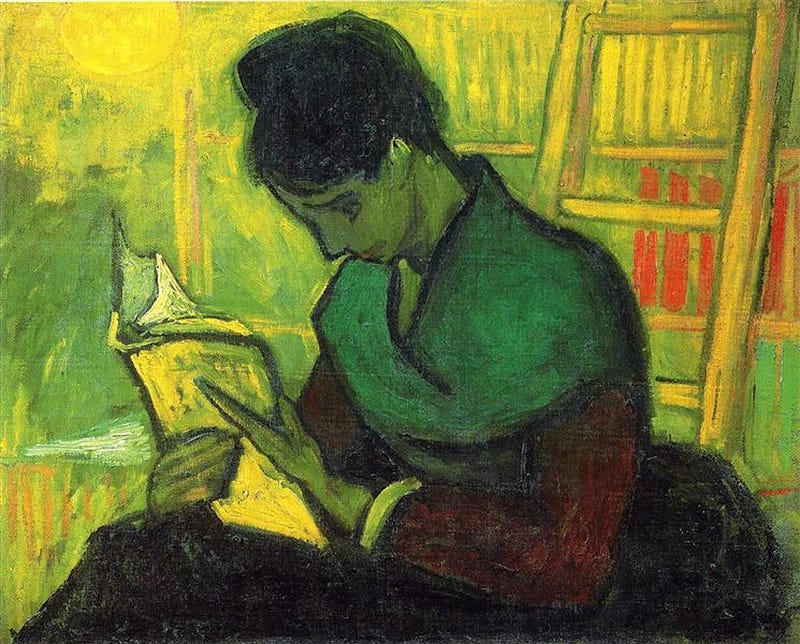# Transformative Lessons from Confucius: Three Practices to Enrich Life
Written on
Understanding the Core Principles
Welcome to The PATH, where we delve into three enduring insights that can enrich our lives today. This week, we explore timeless wisdom from Confucius, focusing on the practices of Rituals, Reading, and Reflection.
Rituals in Daily Life
At its essence, Confucianism offers guidance on how to coexist harmoniously, as noted by Stephen Angle in Growing Moral. One significant aspect of this philosophy is the importance of rituals, which can be understood as structured practices or social etiquette.
Eric Weiner, in The Socrates Express, highlights the commonalities between Confucius and Socrates despite their geographical distance. He writes, "Both philosophers were revered by their followers but viewed with suspicion by the powerful. Their informal teaching styles encouraged dialogue, and they both rigorously challenged assumptions. Confucius stated, 'If words are not right, judgments are not clear.'"
Confucian thought emphasizes the necessity of recognizing rituals in our lives. These practices draw our attention to aspects we might overlook. For instance, do you hold the door open for someone entering behind you? Or consider the color of attire chosen for a funeral. We all engage in rituals, often unconsciously.
Three key dimensions frame our understanding of ritual: the actions we take, the manner in which we perform them, and their broader impacts. Rituals encourage us to consider others and weave values like respect and kindness into our societal fabric.
Reading as a Path to Wisdom
The practice of reading is highly valued across wisdom traditions, but few, like Confucianism, offer such comprehensive guidance. The 12th-century philosopher Zhu Xi remarked, "The texts you engage with should manifest in your character. Whether these works occupy your thoughts constantly is uncertain. However, if they don't, you may merely be skimming through the pages, missing the joy of deeper understanding, which ultimately serves little purpose."
Zhu Xi advised students to adhere to three principles: (1) read sparingly but develop a deep familiarity; (2) experience the text personally rather than dissecting it; and (3) engage fully without ulterior motives.
In Confucianism, the focus is less on the texts themselves and more on the open-minded and inquisitive approach toward reading. Questioning and challenging one's teacher is not just acceptable but encouraged as a means to deepen understanding.
Reflection: A Path to Self-Discovery
Confucian teachings place a strong emphasis on reflection. In the Analects, reflection is understood as an inward look and a retrospective examination. It's about understanding the motivations that drive our actions, as Angle articulates.
Mengzi, another influential philosopher, stated, "The ears and eyes alone do not reflect; they can be misled by external stimuli. In contrast, the heart-mind is capable of true reflection. When it does so, it can achieve virtue."
But is reflection the sole answer to achieving goodness? Angle suggests it is not, for two main reasons. First, reflection in isolation can be deceptive. Confucius asserted, "Study without reflection is a waste; reflection without study is perilous." Thus, reflection should be viewed as part of a broader developmental journey.
Angle concludes, "Since reflection typically follows our actions (or inactions), it cannot be the complete solution to living a virtuous Confucian life, but it is an essential component of self-cultivation."
Thank you for engaging with this exploration. I hope you found valuable insights here. For more age-old wisdom applicable to modern living, consider checking out Perennial Meditations on Substack or listen to one of our podcasts.
